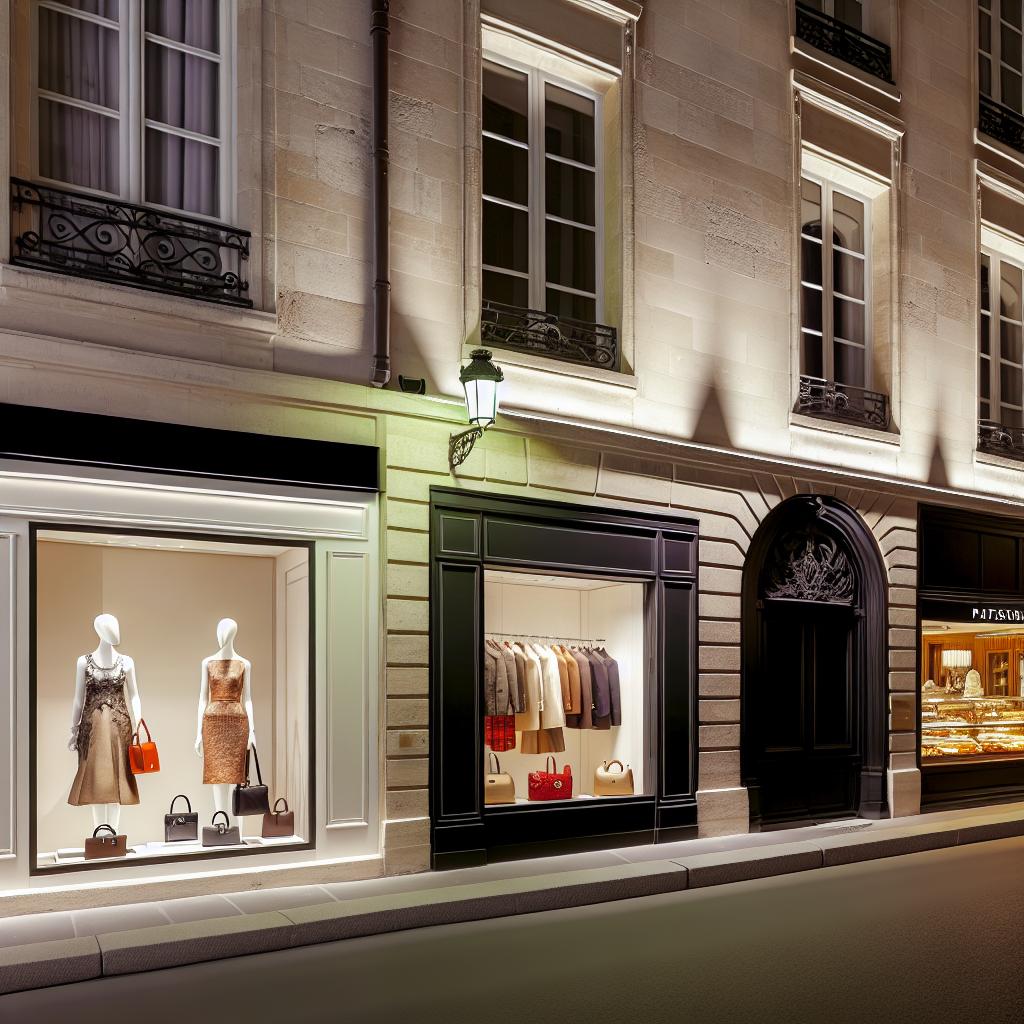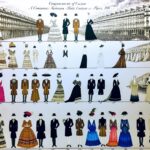Introduction to Parisian Luxury Brands
Paris is synonymous with luxury, a city renowned for its unparalleled influence in the fashion and luxury sector. Several world-famous luxury brands have their roots in Paris, each with a rich history and a strong cultural impact. This article explores a few of these brands, known for their craftsmanship, elegance, and contribution to the world’s luxury market.
Chanel
Founded in 1910 by Gabrielle “Coco” Chanel, Chanel is one of the most iconic fashion houses in the world. Chanel introduced a more casual elegance, replacing the rigid and confining designs of the 19th century. The brand is particularly renowned for its signature perfume, Chanel No. 5, and the classic Chanel suit. Over time, Chanel has continually redefined abundant aspects of fashion through minimalistic elegance, integrating comfort with style and creativity with simplicity.
An essential highlight of Chanel’s influence is its role in empowering women by providing them with sophisticated yet comfortable attire. Chanel suits, characterized by their clean lines and rich textures, have remained a staple in women’s fashion. The brand’s innovation extended beyond clothing to accessories, with an extensive line of watches, handbags, and jewelry that continue to captivate luxury aficionados worldwide.
Chanel’s allure transcends beyond fashion into arts and culture, often serving as a muse for filmmakers, authors, and artists. Its famed motto, “fashion fades, only style remains the same,” continues to resonate across generations, emphasizing the timeless elegance that embodies the brand. You can explore more about Chanel’s current collections on their official website: Chanel.
Louis Vuitton
Another cornerstone of Parisian luxury is Louis Vuitton, established in 1854 by French designer Louis Vuitton. Initially renowned for its high-quality luggage catering to the French aristocracy, Louis Vuitton’s legacy grew to encapsulate the spirit of exploration and elite travel. The brand’s iconic LV monogram evolved into an emblem of global luxury, symbolizing status and prestige around the world.
The expansion into varied realms, such as fashion and accessories, has been marked by innovation, particularly in collaborations with renowned artists and designers. These partnerships have kept Louis Vuitton at the cutting-edge of creative luxury, merging traditional craftsmanship with avant-garde aesthetics. The Louis Vuitton trunk, initially a travel necessity, has become a status symbol, often repurposed into unique pieces of art and luxury collectibles.
Understanding the balance between its historical roots and modern innovation, Louis Vuitton persistently excels in leveraging technology and creativity. Their commitment to sustainability and eco-friendly processes marks a forward-thinking approach, ensuring the preservation of both craftsmanship and the environment. Their comprehensive product range is detailed on the official Louis Vuitton website: Louis Vuitton.
Hermès
Founded in 1837, Hermès began as a harness workshop dedicated to serving European noblemen. This deep-rooted association with craftsmanship set the foundation for Hermès’ venture into ready-to-wear fashion, luxury goods, and more. The exclusivity and quality imbued in Hermès products are unparalleled, with each item representing a marriage of meticulous artistry and refined style.
Hermès’ reputation is particularly anchored in its exquisite leather goods, notably the Birkin and Kelly bags. These bags epitomize luxury fashion, often with extensive waiting lists and coveted statuses among fashion enthusiasts. The intricacy involved in crafting each piece exemplifies Hermès’ dedication to quality and detail.
While leather goods paved the way for Hermès, the brand’s diversification includes watches, jewelry, home goods, and fragrances. The family-owned company remains true to its commitment to high-quality artisan craftsmanship, maintaining a blend of traditional techniques and contemporary innovation throughout its product lines. For further details, visit their official site: Hermès.
Dior
Originating in 1946, Dior was founded by designer Christian Dior and rapidly gained prominence for defining a new era of fashion with its emblematic “New Look.” This aesthetic redefined post-war fashion, focusing on femininity through voluminous skirts, a cinched waist, and luxuriously draped materials.
Dior’s impact on fashion is profound, extending its influence into modern-day haute couture, ready-to-wear lines, beauty products, and accessories. The brand bridges traditional elegance with contemporary artistry, maintaining its status at the forefront of fashion innovation. Dior’s continued success in redefining luxury couture, coupled with its artistic collaborations and sustainable initiatives, signals its role as a leader in the fashion industry.
The brand backs its foundational values with an emphasis on bespoke design and expert craftsmanship, offering unparalleled luxury experiences across its product lines. Each collection presents a narrative of creativity and inspiration, evident in their exquisite detailing and bold designs. More information can be found on their site: Dior.
Conclusion
In conclusion, these Parisian brands have become synonymous with luxury and continue to set global standards in the industry, blending tradition with innovation in remarkable ways. Their enduring legacies reflect a balance of evolution and heritage, effortlessly navigating the changing tides of fashion while maintaining the timeless allure that defines them. Through their creativity and influence, they represent not only the pinnacle of luxury fashion but also the spirit of Paris as a beacon of elegance and sophistication.









